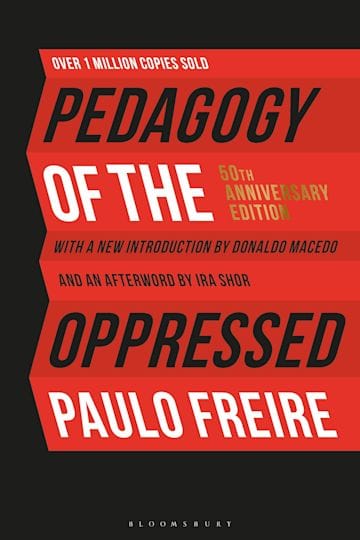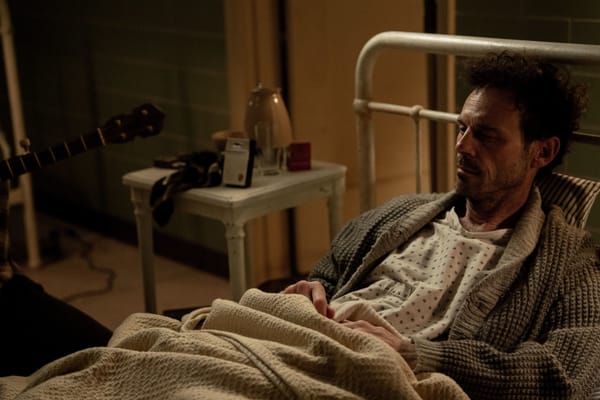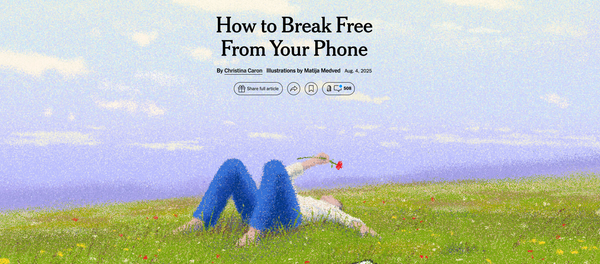Learning Theory: Freire

There's a decent chance you've heard of Paulo Freire. Many believe he was the most influential educational thinker of the twentieth century. Certainly I've been assigned his principal work, Pedagogy of the Oppressed, over the years more than any other.
Freire contrasts two models of education:
Banking Model – Teachers "deposit" knowledge. Students are blank slates, empty containers. The "transfer" is one way and as orderly as possible, reinforcing the existing reality.
Problem-Posting Model – Students and teachers engage in conscious cognition and conversation. Communication is two-way and messy. The goal is REVEALING reality.
Important quotes [I'll change the pronouns]:
Banking – "It follows logically from the banking notion of consciousness that the educator's role is to regulate the way the world 'enters into' the students. [Their] task is to organize a process which already occurs spontaneously, to 'fill' the students by making deposits of information which [they] consider[] to constitute true knowledge. And since [people] 'receive' the world as passive entities, education should make them more passive still, and adapt them to the world." (p. 62–63)
Problem-Posing – "[P]roblem-posing education ... can fulfill its function as the practice of freedom only if it can overcome the [teacher vs. student] contradiction. Through dialogue, the teacher-of-the-students and the students-of-the-teachercease to exist and a new term emerges: teacher-student with students-teachers. The teacher is no longer merely the-one-who-teaches, but one who is [themselves] taught in dialogue with the students, who in turn while being taught alsoteach. They become jointly responsible for a process inwhich all grow. In this process, arguments based on 'authority' are no longer valid; in order to function, authority must be on the side of freedom, not against it." (67)
Obviously, this is an overtly political educational theory, and Freire would tell us that ALL OF THEM ARE—this one just understands and makes explicit a social power analysis at work in education systems. Visions of education that claim to be apolitical are the ones we need to worry about, he'd say.
I'd be shocked if the majority of people reading this post couldn't point to a time in which the authoritarian impulses of the banking model teamed up with the subject matter of religious education to cause genuine harm in the interest of "passing on faith."
In my case, it was being belittled by Sunday school teachers in high school when my classmate and I brought in sources and wanted to talk about "the Bible and homosexuality" in a critical and what we now call "affirming" way. We posed a problem. We were basically laughed at and dismissed. Needless to say, we stopped going to Sunday school.
Many of us (myself included!) who believe the great treasury of our faiths have wisdom for every generation, power to transform lives, etc. will feel the pull to "bank" our religious tradition. We do well in those moments to ask ourselves if we're truly passing on faith or simply trying to assert a form of control.
A wonderfully Freirian mantra I once heard as the slogan for a catechumenate program captures beautifully the invitation we might issue instead:
"Your questions aren't IN the way. Your questions ARE the way."
PS We had some good conversation about this on Facebook, including about whether and how to deal with the somewhat stark binary laid out here. My advice:



